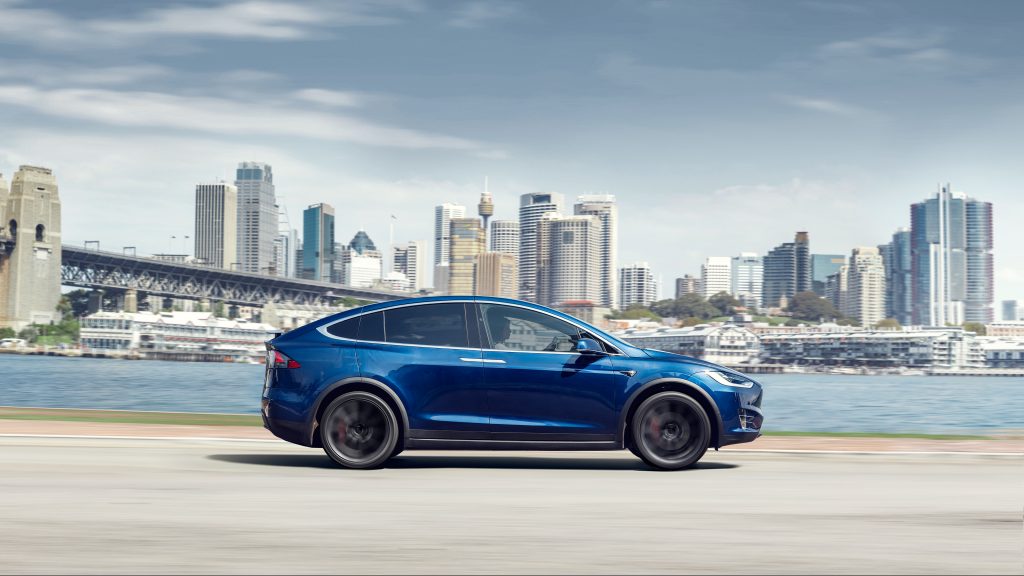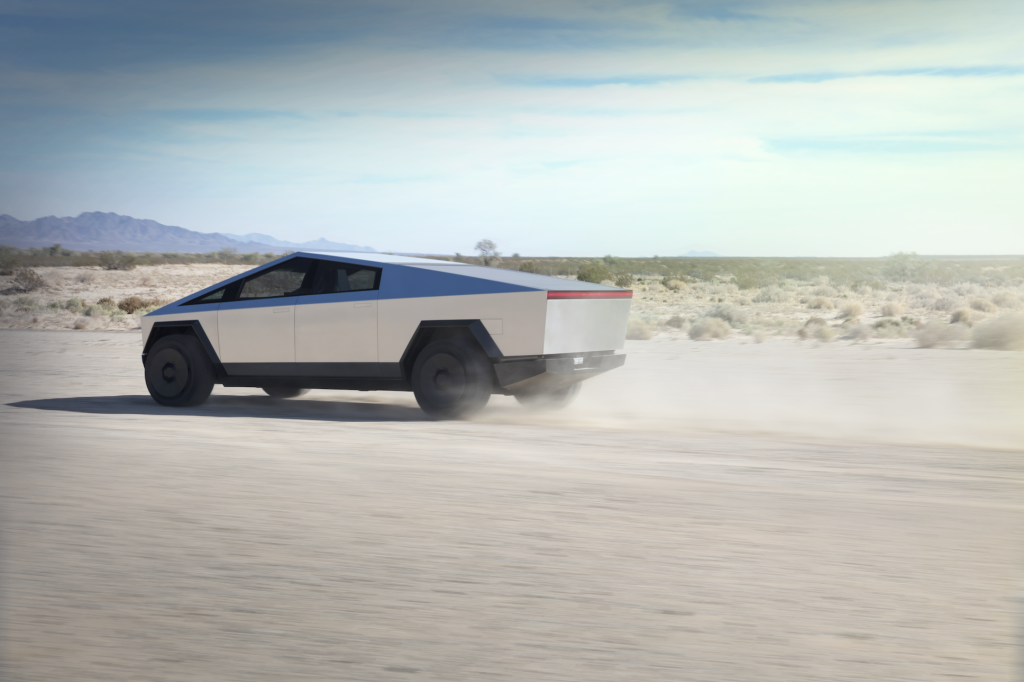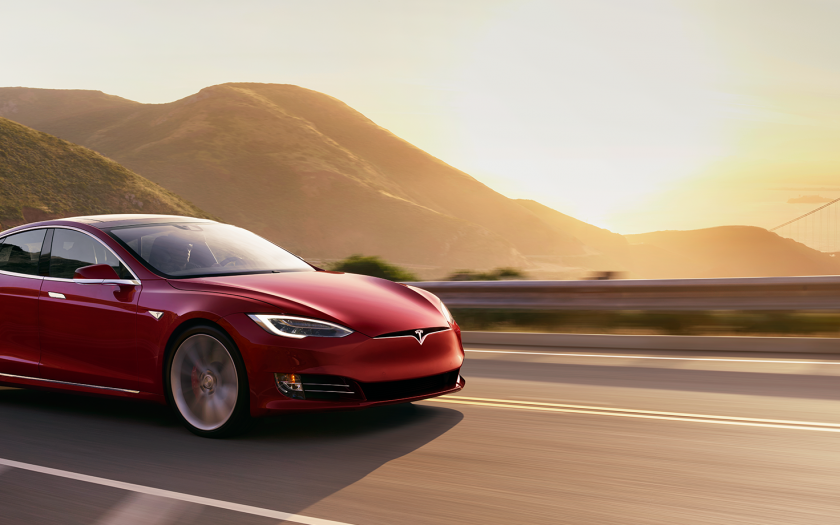THERE SEEMS TO BE A LOT of anti-Tesla material out there, to the point that seniordriveraus wonders if the company is being targeted by a deliberate negative information campaign.
However, such an accusation can hardly be aimed at the highly respected US Consumer Reports, which makes their withdrawal of a recommendation for the Tesla Model S and pointed criticism of the reliability of the new Model Y even more disturbing.
In its annual Auto Reliability Survey, Consumer Reports cited problems with the Tesla Model S that included the air suspension, and main computer touch controls. The Model Y was criticised for body hardware and paint problems.
It’s a remarkable comedown for Tesla since Consumer Reports ranked its Model S in 2015 as its top-rated vehicle ever. The Model S has been consistently updated since its introduction in 2012 (unlike other manufacturers, Tesla does not release new models as such, instead preferring to continuously introduce updates, with few obvious changes to external styling.

Tesla’s older models fare better in reliability thanks to problems being addressed as vehicles age. Updates are increasingly being carried out using over-the-air, or remote, software updates.
Many of the problems reported by Tesla customers have been ongoing for some time. These include such annoyances as blank touchscreens, loss of access to temperature controls, rear view cameras and others, all down to the computer that stores data from the vehicle.
The US National Highway Traffic Safety Administration expanded a safety probe into Tesla Model S and Model X vehicles built from 2012 to early 2018. Depending on the outcome, Tesla may face a mandatory recall of up to 159,000 vehicles.
Of the 26 brands ranked in the Consumer Reports reliability survey, Japanese cars fared the best. Mazda topped the list, with Toyota vehicles ranked second and third. Honda and Hyundai also scored highly (ranked five and six respectively).

The only brand to score lower than Tesla was Ford Motor Company’s Lincoln, which fortunately for us, isn’t sold in Australia.
There were some other surprises in the bottom end of the list: Mercedes-Benz came in at 20th, Mini at 23 (down 13 spots from the previous survey) and Volkswagen at 24 (although this was three spots better than in the previous survey).
For car buyers, it is still a case of caveat emptor.
Note: These rankings are for US models and may not be applicable to models sold in Australia.
